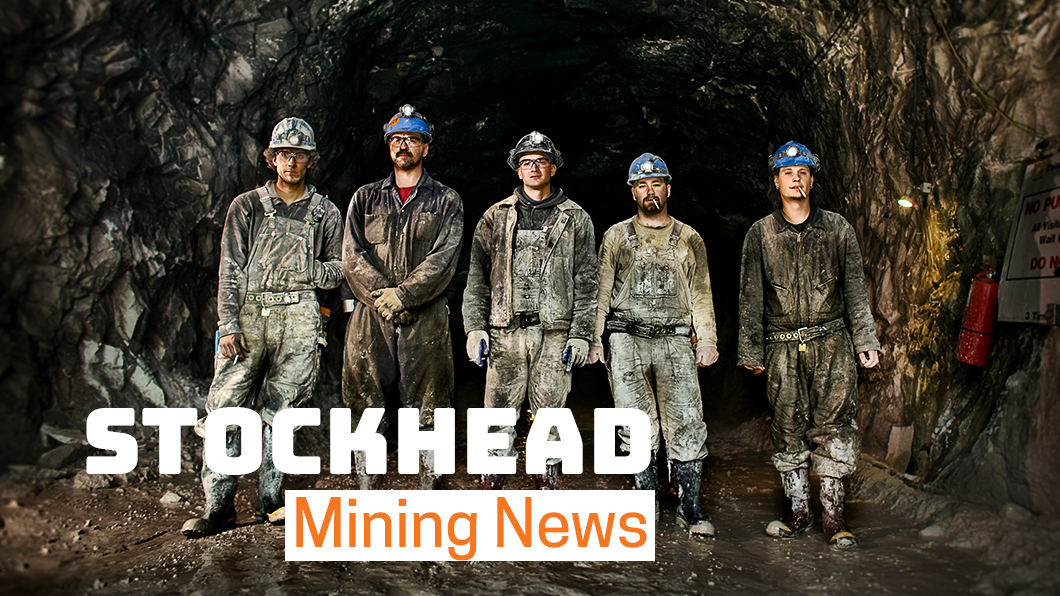This beast is the world’s first zero-emission, electric forklift

Pic: Tyler Stableford / Stone via Getty Images
The electric vehicle revolution has gone way beyond just cars and buses — now forklifts are going electric.
This is set to spur the already rapidly rising demand for battery metals.
California-based XL Lifts has partnered with Wiggins Lift Company to release the first commercialised large capacity, zero-emissions forklift manufactured in the US.
The forklift, called the “Wiggins Yard ebull” has a capacity of 30,000 to 70,000 pounds and features fast-charging lithium-ion battery technology from Thor Trucks.
Thor Trucks is the same company picked by American package delivery service UPS to power a portion of its fleet of electric delivery trucks.
“Forklifts are one of the many practical applications of fully-electric powertrains,” Thor Trucks chief operating officer Giordano Sordoni said.
“The vehicles stay close to their home base and have access to industrial power, plus the noise reduction and increased efficiency will benefit industrial yards tremendously.”
- Subscribe to our daily newsletter
- Bookmark this link forsmall cap news
- Join our small cap Facebook group
- Follow us on Facebook or Twitter
XL Lifts president Mike Marzahl says Wiggins Lift Company is revolutionising the high-capacity, electric forklift industry.
“The first of its kind, the Wiggins Yard eBull will significantly reduce greenhouse gas emissions and sound pollution, while enabling industrial companies to do their jobs.”
The biggest driver of demand for lithium-ion batteries is the global push for the uptake of electric vehicles (EVs) and the phasing out of internal combustion engines.
The global automotive battery market is expected to be worth $US54.5 billion ($75.2 billion) by 2022 — growing at a rate of 5.7 per cent each year.
Wood Mackenzie senior analyst Rory McCarthy told Stockhead that the market for EVs in terms of battery demand will far exceed that of stationary storage.
There also won’t be any substitute for lithium in batteries — at least not for the foreseeable future, according to Mr McCarthy.
“We have seen all the major car manufacturers invest upstream in the lithium-ion battery value chain meaning they are now banking on it, and consumer electronics, we expect this to be the dominant technology in the market,” he said.
“The scale of demand expected for lithium-ion, particularly for EVs will drive technology improvements, cost reductions and ultimately reduce technology risk making it a lower cost and more bankable form of battery storage than others out there. There will be a place for other technologies, but lithium-ion will dominate.”
To satisfy the demand coming from car makers, at least 3.5 million tonnes of lithium carbonate equivalent (LCE) will be required.
By comparison, just 200,000 tonnes of LCE is produced at the moment.
UNLOCK INSIGHTS
Discover the untold stories of emerging ASX stocks.
Daily news and expert analysis, it's free to subscribe.
By proceeding, you confirm you understand that we handle personal information in accordance with our Privacy Policy.








